Dhaka, July 13 (V7N) – Political parties participating in the ongoing dialogue with the National Consensus Commission have reached a consensus to draft new constitutional provisions aimed at preventing the misuse of the state of emergency declaration as a political tool.
The agreement was made on the 12th day of the second phase of the dialogue held at the Foreign Service Academy in Dhaka on Sunday.
Proposed Amendments to Article 141
The National Consensus Commission proposed amending Article 141 of the Constitution concerning the declaration of a state of emergency. Key points of the proposed changes include:
-
Reducing the maximum duration for an emergency declaration from the current 120 days to 90 days.
-
Requiring written approval of the Cabinet for the declaration to be valid, instead of relying solely on the Prime Minister's signature.
-
Changing the grounds for declaring a state of emergency from “internal unrest” to more precise terms such as “national independence, sovereignty, threat to national integrity, epidemic, or natural calamity.”
-
Ensuring that even during a state of emergency, certain fundamental rights remain inviolable, specifically the right to life and protection from torture and inhuman treatment, referencing Article 47(3) of the Constitution.
Inclusion of Opposition in Decision-Making
There were significant discussions about the role of the Cabinet and inclusion of the opposition:
-
Some leaders proposed that instead of just Cabinet approval, an all-party meeting should decide on emergency declarations.
-
Suggestions were made to include opposition parties in the Cabinet decision-making process.
-
Jamaat Naib-e-Amir Syed Abdullah Mohammad Taher and BNP Standing Committee member Salahuddin Ahmed emphasized the need for the presence of the opposition leader in Cabinet meetings concerning emergencies.
-
Islamic Movement presidium member Ashraf Ali Akon proposed contingency measures if the opposition leader was unavailable.
-
It was clarified that the deputy leader of the opposition holds ministerial status and can represent the opposition if necessary.
Final Decision
The dialogue concluded with an agreement to:
-
Add a provision requiring Cabinet approval instead of only the Prime Minister’s signature for declaring a state of emergency.
-
Mandate the presence of the opposition leader of parliament or, in his absence, the deputy leader of the opposition in Cabinet meetings related to the declaration of a state of emergency.
This consensus marks a significant step toward strengthening democratic checks and balances and ensuring greater political inclusivity in critical national decisions.
END/RH/AJ



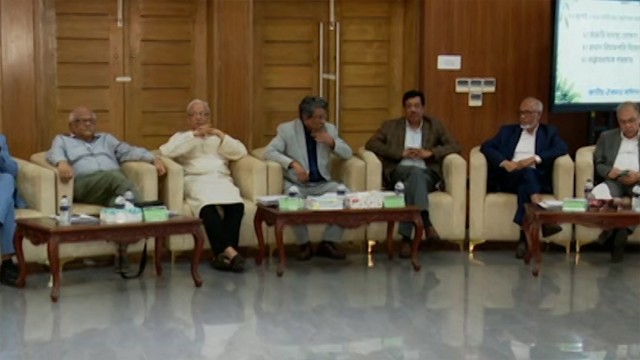
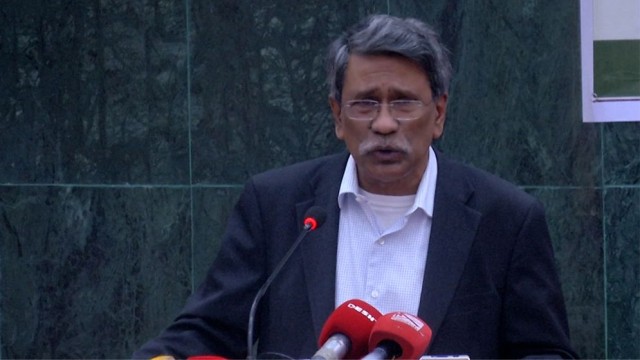
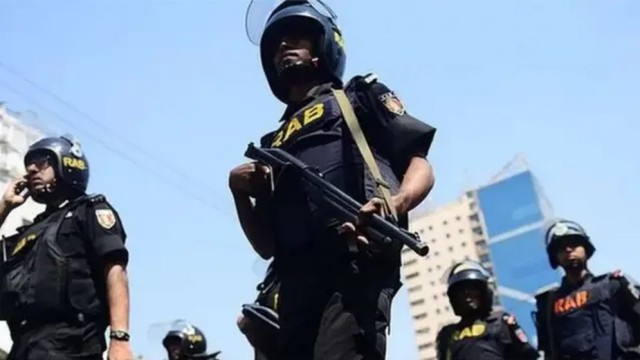
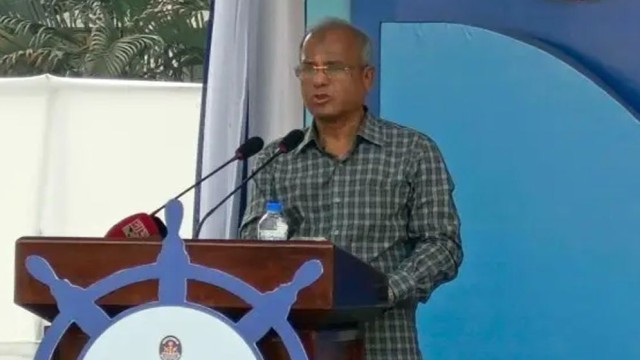
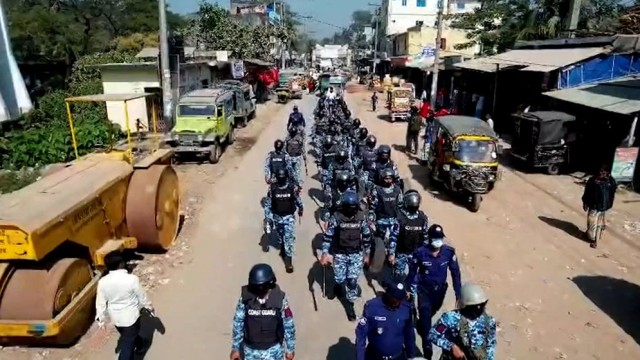

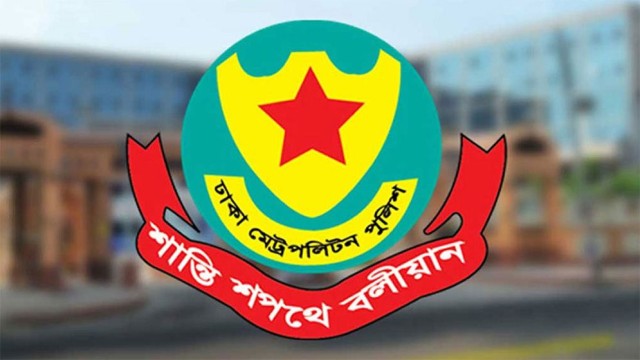
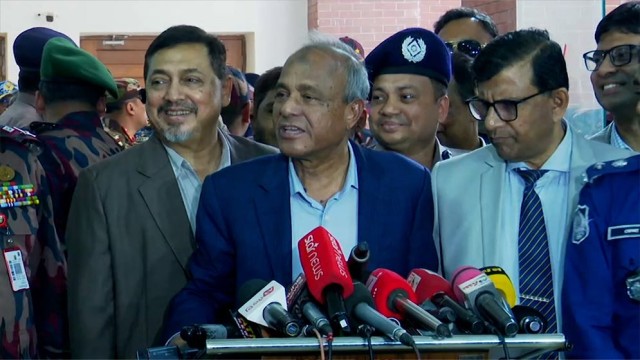
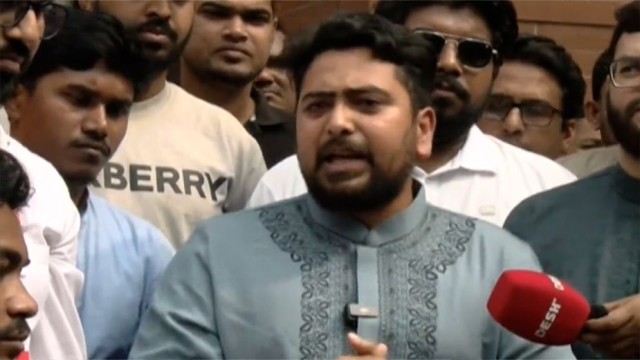
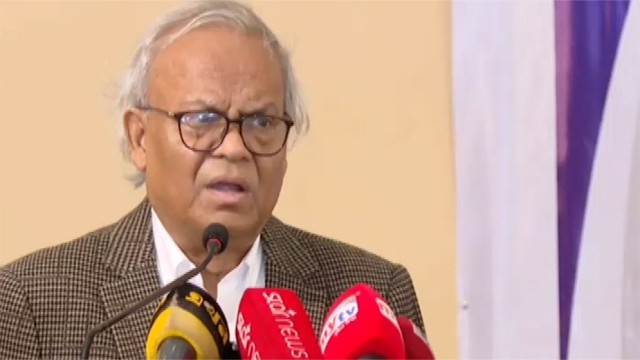
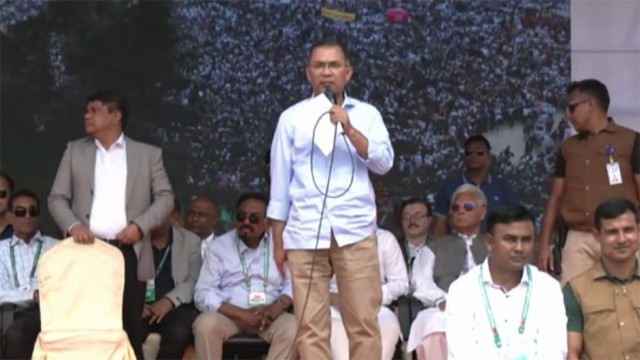
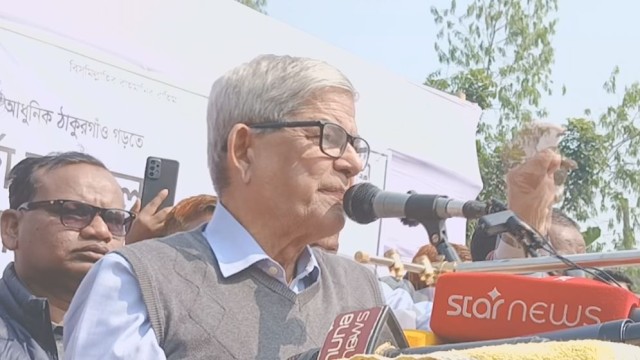


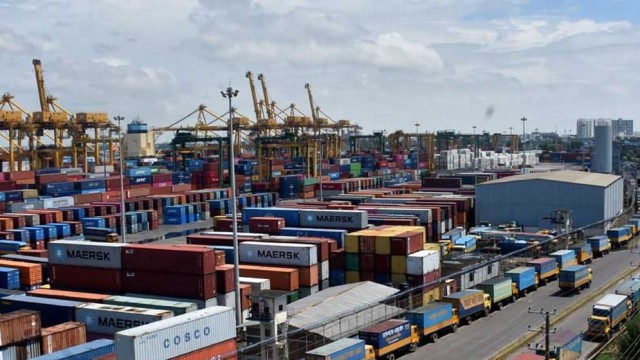
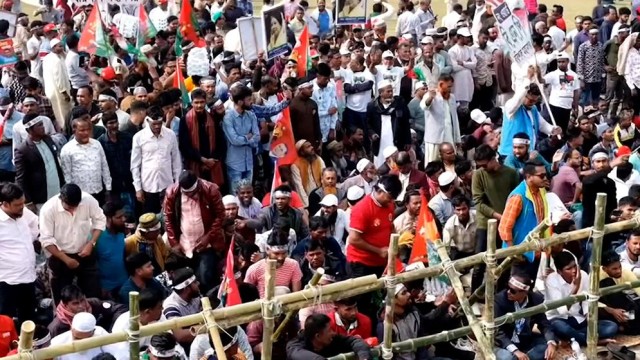
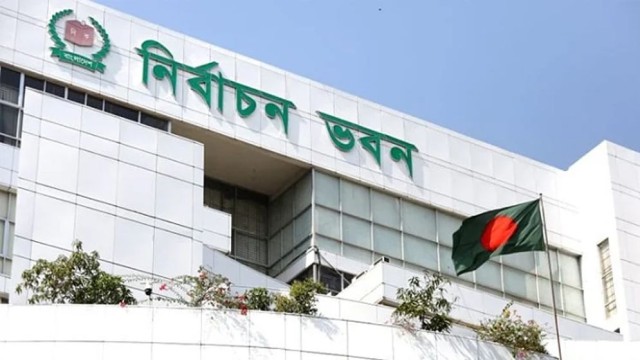











Comment: